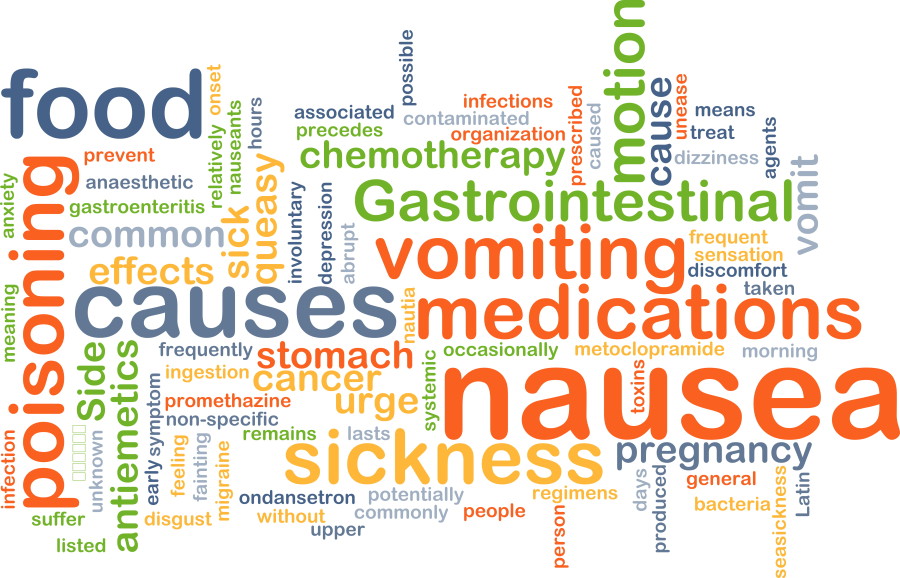It is like a sad “good news, bad news” joke. The good news is that you are finally over your morning sickness and you feel that you can settle down in your pregnancy and enjoy food again. The bad news is that now you are having indigestion on a regular basis. Nausea and vomiting have been replaced by burping, heartburn, and general stomach unpleasantness.
What causes this fresh misery? Why do between 17% and 45% of pregnant women get indigestion?
Why Things Aren’t Moving Along
There are a couple of reasons why a pregnant woman has heartburn, indigestion, and gas during the later weeks of her pregnancy. Indigestion can often start mildly around week 30, and may get worse as your pregnancy progresses.
One reason is that the hormones of pregnancy, which are supposed to make your muscles relax in preparation for childbirth, are also working on the muscles that line your stomach and esophagus. One of these muscles is the esophageal sphincter between your esophagus and stomach that usually acts like a one-way valve. Relaxation of this muscle allows acid from your stomach to splash upward into your esophagus. The lining of your stomach can handle this acid. The lining of your esophagus? Not so much.
That acidy burning feeling is called heartburn despite having nothing to do with your heart. The burning can be mild or can feel like you just swallowed lit matches. The lining of your esophagus can become extremely irritated.
An Intestinal Slowdown
In addition to relaxing your esophageal sphincter, the muscles that line the walls of your intestine also start relaxing. Since the purpose of these muscles is to move the digesting food from the stomach to the small intestine and beyond, things don’t move along as fast as they used to. This means you feel full longer.This slowdown can also cause you to feel gassy or bloated.
Upward Pressure from You-Know-Who
It isn’t just the hormones. Some of your indigestion and bloating is because that kid you are carrying is growing. His or her growth is forcing your uterus up into your abdomen where it pushes upward against your stomach. This pressure is not a good thing since it is occurring at the same time as the relaxation of your esophageal sphincter. Again, the acid and gas start to back up into your esophagus, causing the wrong kind of warm feeling inside.
What Can You Do?
Here are some steps you can take to help prevent or minimize the indigestion.
- Sit up straight while you eat and stay sitting upright for a couple of hours after your meal, which lets gravity help keep things down. Taking a nice walk after you eat can help keep things moving in the right direction.
- Eat several small meals instead of one big, heavy one.
- Eat slowly.
- Don’t smoke and avoid alcoholic beverages.
- Drink water before and after your meal.
- Don’t wear anything with a tight waist or belt.
- Eat your last meal of the day at least two hours before bedtime.
- Avoid the foods that usually trigger indigestion. For most people, this includes fatty foods or anything too spicy.
- Avoid anything carbonated. Why add extra gassiness? Ginger ale can help settle your stomach, but stir it to get the bubbles out before you drink it.
- If your indigestion hits you at night, sleep with your upper body (not just your head) raised. Use two or three pillows or put blocks under the head of the bed to raise it about 6 inches.
Indigestion during pregnancy is probably going to end with the delivery of your baby. However, if you are very uncomfortable, you can probably take antacids that contain calcium carbonate, such as Tums. If this doesn’t help or if you are really uncomfortable, call your doctor or midwife.

